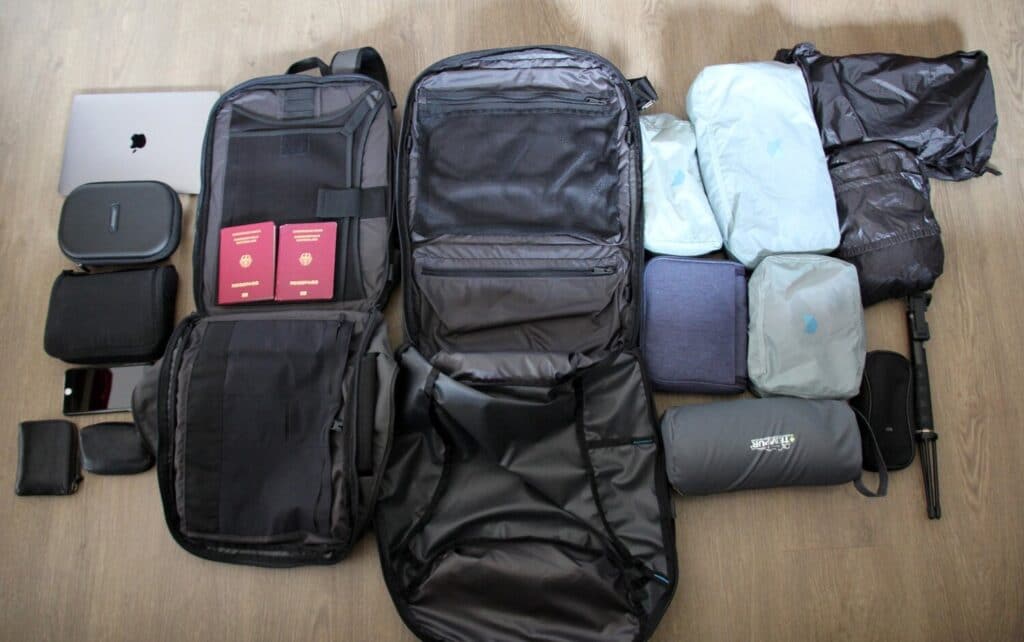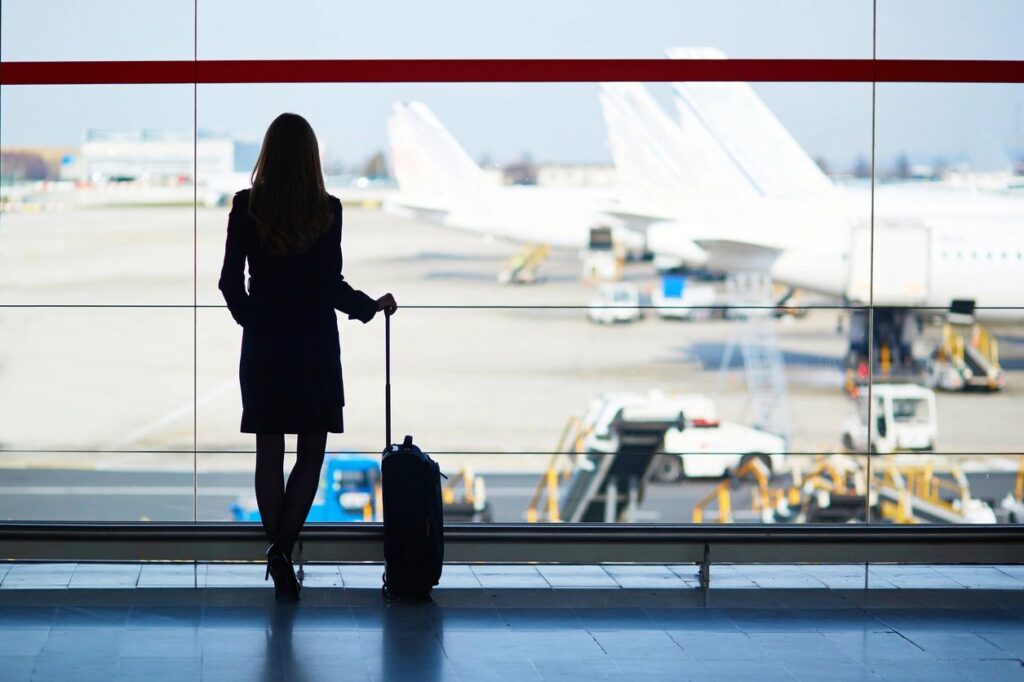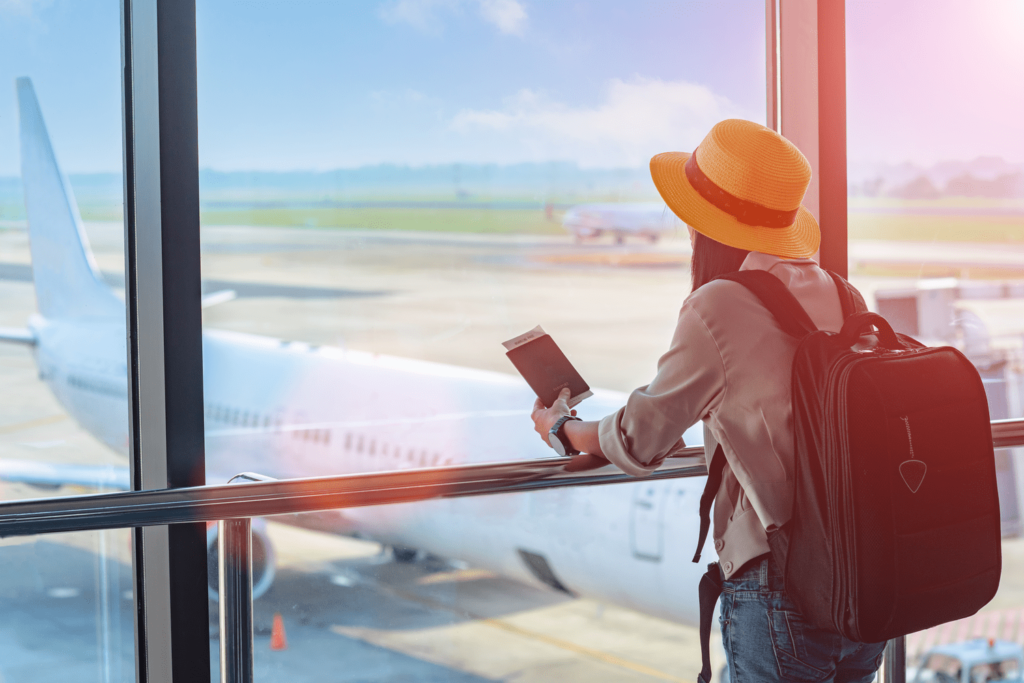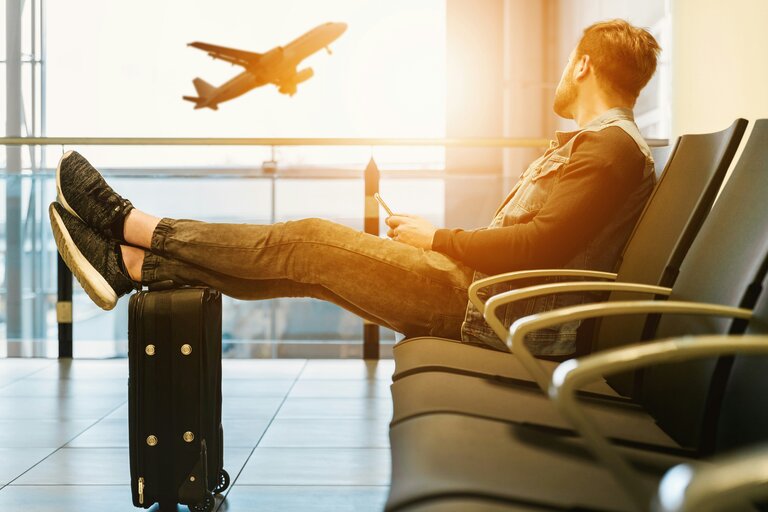
Things You Need To Remember When Moving Abroad
Moving abroad is a huge decision and one that you should never make lightly. Let’s say, for example, you’ve chosen to move to Spain, you need to consider the logistics of moving to a Mediterranean climate and the Spanish legislation, as well as how you’ll adapt to cultural differences and everyday life as an expat.
This means juggling your visa application, searching for an apartment, packing your stuff, finding a job and saying farewell – it can be a little chaotic and stressful at the start.
So if you’ve decided the time has come for you to start a life overseas, it’s a good idea to write yourself a comprehensive checklist to ensure you don’t forget anything important. But in case you’re not sure where to start, we’re here to help.
Below, we’ve pulled together a list of the eight most important things you need to remember when moving abroad, so you can get your moving checklist off to a strong start.
1. Apply for the right visa (in plenty of time)
One of the most important things that you’re going to have to do before moving abroad is to apply for and secure the correct visa. Let’s look once again at our example of moving to Spain; in order to get a longer-term visa or work permit, you must meet the Spanish government’s entry requirements.
Therefore, you want to give yourself plenty of time to understand the visa application process and to ensure you’re meeting all the requirements, particularly as not all visas are created equally, and there are a lot of different rules and pathways to get there.
And without the correct visa, you’ll find your move abroad is cut a lot shorter than you hoped.
2. Research the cost of living
Effective research and planning is the key to ensuring there are no nasty surprises when you arrive at your new home. As such, it’s a good idea to research standard living costs in your new chosen location so you can be prepared.
This includes looking at average salaries if you’re planning on working there, as well as the average costs of rent, food, phone bills, internet, other utility bills, etc.
3. Get grips with local customs and important national days
As we said, adjusting to new customs and cultures is important as an expat, and getting to grips with these before you move can help prepare you for your new life. Some examples of important cultures, customs and national days you need to be aware of could include:
- Religious holidays and rules
- Independence days
- Local laws and attitudes towards things like smoking, drinking, drugs, etc.
- The language and forms of address and greetings
- Dress codes
- The local cuisine
- Gestures and body language
- Daily schedules, for example, in Spain many take a long lunch followed by a siesta each day
By understanding as much as you can about your new home and the culture there, you can reduce the risk of making a faux pax. You’ll also settle into your new life much quicker and easier, feeling like a local before you know it.
4. Check out what healthcare you’re entitled to
Unfortunately, getting sick is a part of life, and you want to know where to go should something happen. As such, it’s a good idea to find out about the local healthcare situation and what you’ll be entitled to as this can vary hugely between destinations. You might even want to find a practice to sign up to upon arrival.
If you’re moving from Britain to Spain, for example, you can access free basic healthcare once you’ve registered with a practitioner. However, if you were moving to the US, where they do not have universal healthcare, you need to be prepared to pay for any healthcare or medication you receive.
5. Cancel any unwanted subscriptions
As you’re trying to sort out every small detail and aspect of your new life, it’s likely you’ll forget to eat, let alone cancel your gym subscription! By adding this to your checklist, you can make sure you cancel any subscriptions that are no longer wanted or needed.
This could be your local gym, local clubs, even your Netflix subscription if you’re not going to be using this anymore. This is the ideal way to save some money and avoid pointless payments going out each month.
6. Make arrangements for pets or family members
You might be so busy sorting yourself out and making all the important arrangements that you leave other people to the last minute. However, if you’ve got family that are moving away with you or if you’ve got pets you need to sort out, you need to ensure they are checking all the boxes on your list as well.
Pets might need to be quarantined before they can travel abroad, or perhaps you want your family to travel out a week or two after you so you can get settled. Whatever the case may be, you need to make sure you’ve got arrangements in place to make the transition to a new home as easy as possible for the whole family.
7. Downsize your belongings and declutter
Of course, you need to take your belongings with you, and you will want certain home comforts, but this is the perfect opportunity for you to get rid of any items you don’t really need or want. By downsizing your belongings, you can declutter your life and start fresh when you get to your new home.
Not to mention this makes moving to a new country much easier. Another important thing you need to add to your checklist is sorting out how you’re going to transport your belongings. Can you fit everything you need in a couple of suitcases? If so, extra baggage could be all you need. However, if you’re transporting furniture, larger items, or you’re moving with your family, a specialist shipping service might be more appropriate and, let’s face it, much easier for you.
8. Get an emergency fund behind you
The final thing on your list should be building up an emergency fund before you go, whether this is your savings or perhaps even just having an emergency credit card at hand.
As an expat settling into a whole new life, you might come across some surprise expenses such as:
- A delayed first paycheque or a longer period trying to find a new job
- Additional fees or deposits for your new home
- Having to pay for a healthcare emergency
- Needing to buy a new car
- Additional baggage costs when moving your stuff
There could be a number of reasons that you need a cash reserve just in case. So remember to save those pennies and get an emergency fund behind you for a rainy day.





